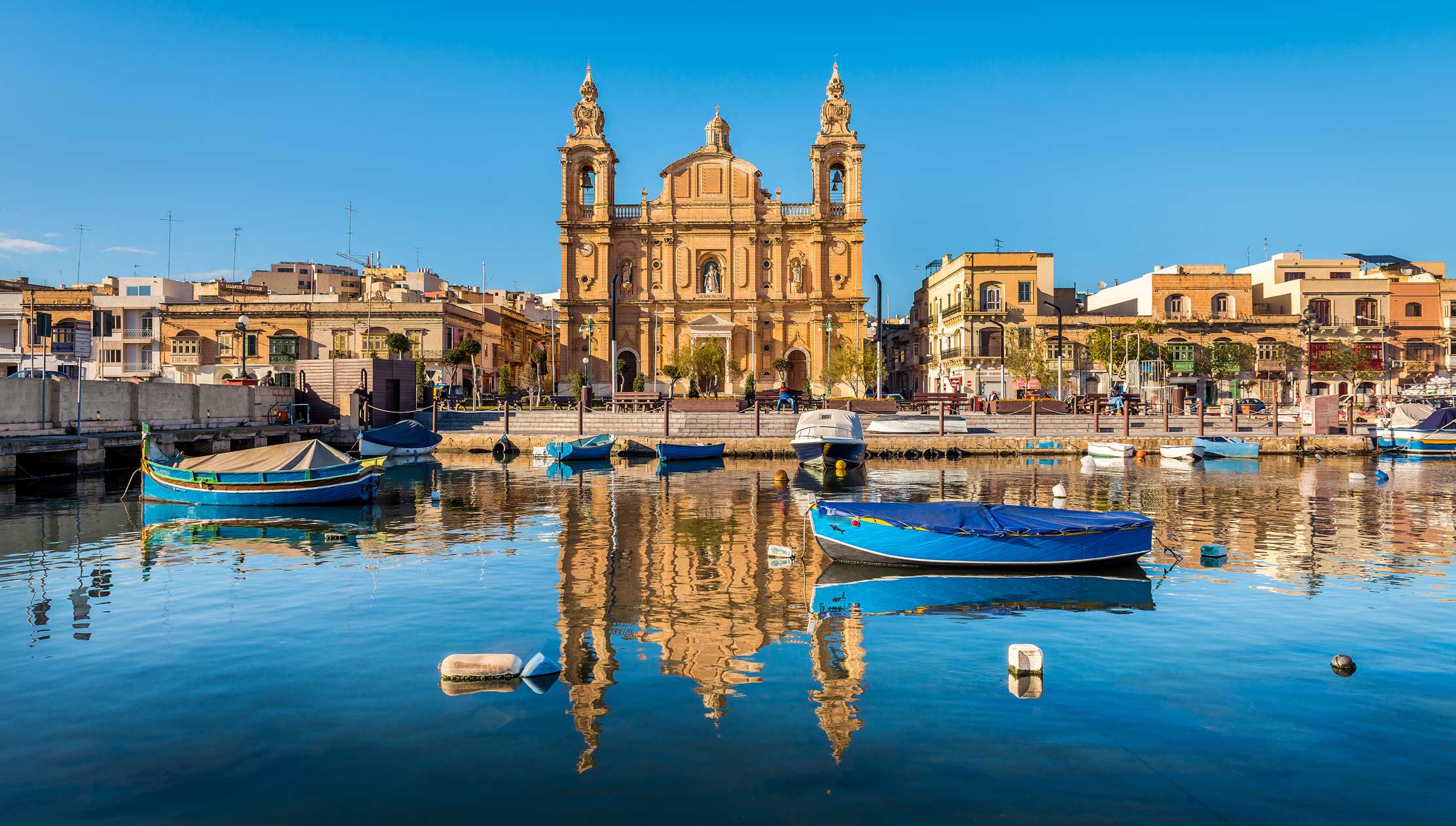The most "bitcoin friends" of the world

A year ago, most countries simply ignored the existence of Bitcoin and other cryptocurrencies. But in the middle of 2017, the “buy bitcoins” requests for Google went to millions, and the capitalization of digital cash exceeded the value of many well-known brands, and it became difficult to ignore cryptocurrencies. Therefore, from July to November, the largest countries of the world made statements in which, in the face of our planet, they announced their attitude to Bitcoin and ICO.
As it turned out, most countries of the world are positive in relation to Bitcoin. But there are no uniform regulation rules, just as there is no generally accepted definition of digital money and their legal status. Today, each of the countries where cryptocurrencies are not prohibited , solves this issue in its own way.
Japan

The land of the rising sun was the first and so far the only Bitcoin recognized as a full legal tender. Here a network of cryptomatics is developed and it is possible to pay various services for Bitcoins. Today in Japan, bitcoins accept the Bic Camera electronics store chain, Marui department stores, and a number of hotels — for example, Comics & Capsule Hotel Comicap.
According to forecasts of the Nikkei publication, by 2020 the turnover of bitcoins and other cryptocurrencies in Japan will reach trillion yen. However, the head of the Department of Payment and Settlement Systems of the Bank of Japan, Hiromi Yamaoku, believes that in the near future, bitcoins in Japan will not force out Fiat, since "this would change the banking system too much."
Malta

The government of this republic strongly supports cryptocurrency. Prime Minister Joseph Muscat is known for his statement made at the CEPS Ideas Lab forum in Brussels: “Europe can become a Bitcoin continent, and Malta its Silicon Valley.” Malta is currently developing a holistic blockchain strategy that will affect cryptocurrencies; The first version of the document was submitted for discussion and approved in April 2017. Also in the country they plan to legalize cryptocurrencies for gambling: the controlling authority of the Malta Gaming Authority (MGA) is working on this.
Slovenia

Slovenia is ready to fight for the title of the “Silicon Valley of Europe”. The country participates in European projects on cryptocurrency and blockchain and also develops its own strategy. Today, Slovenia has already defined the legal status of Bitcoin: the anti-money laundering legislation defines cryptocurrencies, while brokers and exchanges are given the status of financial institutions.
Slovenia is a country with the strongest civilian support for Bitcoin in the world: the Bitcoin Association is a public organization headed by cryptocurrency enthusiast Jur Pirk. The society aims to popularize Bitcoin and promote cryptocurrency initiatives at the state level.
Cyprus

An island in the Mediterranean, known for its resorts, also enthusiastically accepted cryptocurrencies. This happened back in 2013, during the debt crisis: Bitcoin in Cyprus became an alternative to bank deposits. Therefore, "digital gold" in the country is in demand. Numerous cryptocurrency traders operate here, blockchain start-ups open up and there are projects for paying for various services.
The legal framework for bitcoin in Cyprus is under development. In particular, a directive was recently published for companies trading in exchange-traded assets using cryptocurrencies.
The situation with cryptocurrencies in Cyprus was commented on by Patrick O'Brien , director of communications for EXANTE Limited, speaker of Blockchain & Bitcoin Conference Cyprus :
“The Republic of Cyprus is among those countries that have a very optimistic attitude to the blockchain and cryptocurrencies. The legislation of the country does not yet have clear definitions about the need for any prohibitions or serious regulation in this sector. And the population of Cyprus is actively using cryptocurrency. They not only use the already familiar Bitcoin, but also develop new currencies. For example, one of the largest universities in the world in Nicosia provides an opportunity to get a master's degree in cryptocurrency, which in many respects is a very important step. In general, Cyprus is perceived as a country that fully accepts this technology and really wants to be part of it. Of course, the state will always be wary and concerned about this industry, but I think that for good results, everything must be done very carefully. ”
Switzerland

Switzerland, which is proud of its well-functioning financial system and reliable banks, is taking bold steps towards Bitcoin . Thus, one of the Swiss banks, Falcon Private Bank, was the first in the world to provide the full range of financial services in cryptocurrency. And the Swiss city of Zug gained fame as “cryptodollins”: its liberal legislation attracts many blockchain companies. In Zug, bitcoin is universally used as a means of payment thanks to an application developed by Bitcoin Suisse AG; with it you can even pay utility bills. There is also a citizen verification system on the blockchain, and the Crypto Valley Association, an organization that supports and promotes blockchain startups, operates.
At the same time in Switzerland there is no uniform legislation regarding Bitcoin, therefore, each canton (district) decides it in its own way. For example, unlike Zug, in Zurich, the initiative to pay for services in bitcoins did not take root.
So, the most Bitcoin-friendly countries are located in Europe - with the exception of Japan, which, as always, has chosen its own path. Therefore, it is only natural that Europe will soon become the center of the blockchain and cryptocurrency, and one of the countries of the “top five” will be a hub of new technologies. In the near future, we are waiting for a series of high-profile news: countries will publish their cryptocurrency strategies and publish laws on Bitcoin and Blockchain. In Russia, the creation of such legislation was announced in 2018.
All Articles